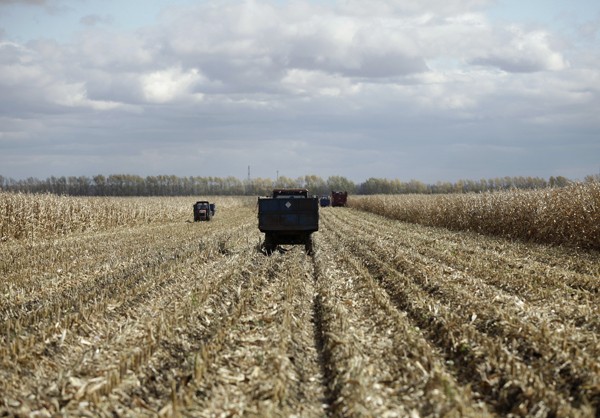Food safety and industrialization of agriculture are what the Central Committee considers as preambles for sustainable growth and development.
Earlier this month, the government released the annual "No. 1 Central Document" that stated the government's priorities in policy-making which centers in three basic rural issues: agricultural industry, peasant livelihood and countryside development.
These priorities are partnered with optimization of agri production and safeguarding of peasant income. With the current crisis in agricultural production, only constant innovation would bring about lasting reforms.
In Bayan county in Heilongjiang Province, the local farmers entrusted their lands to a cooperative that already manages 2,000 hectares of lands from nearby villages. This practice, called professional management, reduces cultivation costs and associated farming risks. It also frees the farmers from the daily toil and can instead find additional farm work or work as a laborer to supplement their income.
This rural transformation is seen by experts as an important way to achieve agricultural reform, as it is based on long-term plans, innovation policies, and willingness of the rural population to embrace modernization.
In order to achieve food security, efficiency and resource conservation and even environmental protection, professional management is important. As the Chinese economy enters the stage of "new normal," sustainable agricultural development requires modern farming policies.
China currently ranks third in the world when it comes to size of arable land. China feeds 19 percent of the world's population using only 7 percent of its cultivated land. Remarkably, through labor and high investment production, China was able to increase grain production for 11 consecutive years.
The future of agriculture lies in the professional people who are able to use modern equipment. As China does not lack talent, the challenge is to find able people for the modern agricultural industry.




























